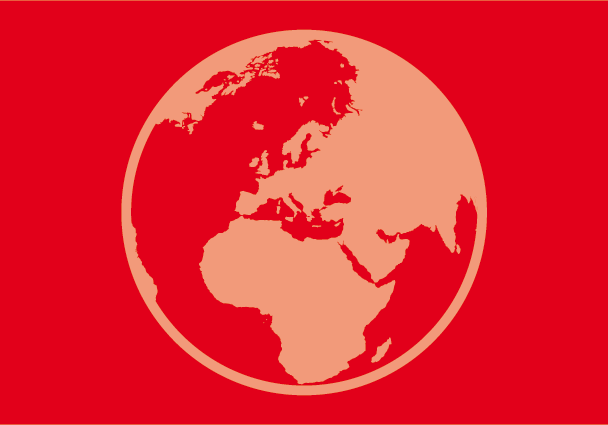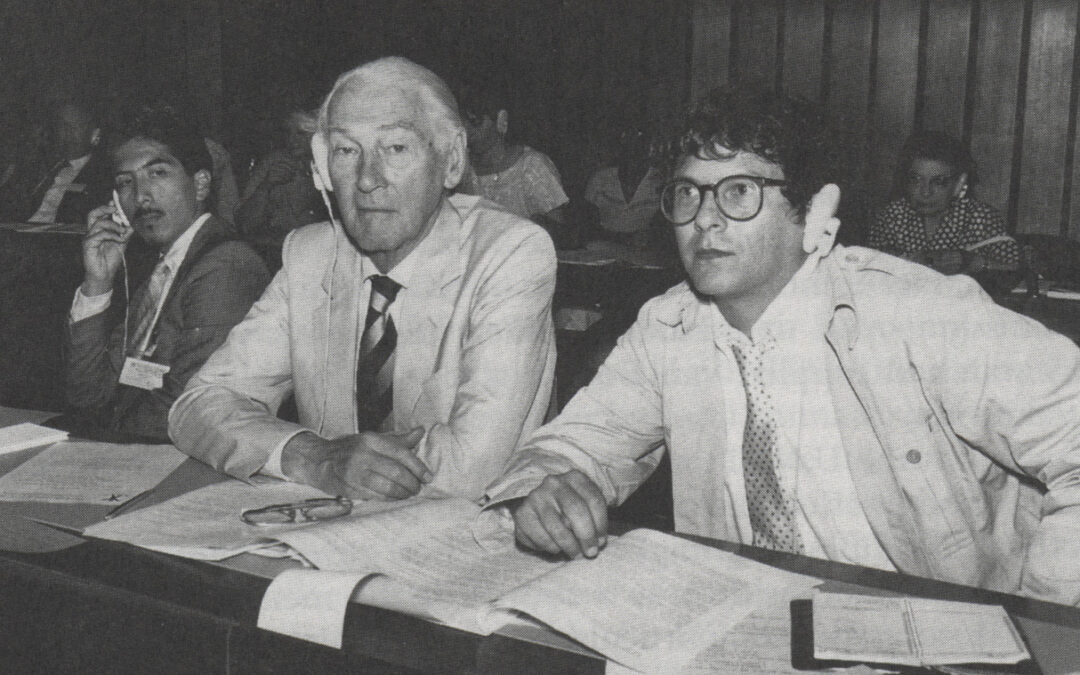
Jun 1, 1973
The purpose of the review is to focus attention on the problems in regard to which lawyers can make their contribution to society in their respective areas of influence and to provide them with the necessary information and data.
This edition features articles on:
-Bangladesh and Pakistan Constitutions
-Botswana, Lesotho and Swaziland
-Spain – the Catalans & College of Advocates
- Human rights in the world:
-Independence of the judiciary in Italy, by an Italian judge
-The rule of law in Turkey and the European Convention on human rights, a staff study
-Preventive detention in Nigeria, by D.O. Aihe
- Basic texts: Principles of Equality in the Administration of Justice
- ICJ news
ICJ Review-10-1973-eng (full text in English, PDF)

May 1, 1973
The ICJ has undertaken a short study of the Rule of Law and administration of justice in Turkey since the events of March 1971. This has been done with particular reference to Turkey’ s obligations as a party to the European Convention on Human Rights.
The study is in three parts:
- Introduction, in which the events leading up to and following the introduction of martial law are briefly summarized.
- The Turkish Constitution, in which the principal provisions relating to human rights and the recent amendments to them are examined.
- Turkey and the European Convention, in which the proclamation of martial law, the measures taken under it, and the amendments and additions to the permanent law which have been made since its proclamation, are considered.
Turkey-rule of law and ECHR-thematic report-1973-eng (full text in English, PDF)

Mar 1, 1973
Defining aggression is a task to which the nations of the world have now devoted exactly half a century.

Jan 1, 1973 | Feature articles, News
In April 1972, Niall MacDermot, Q.C, Secretary-General of the ICJ, paid a visit to Dacca with two objects in view.
The first was to obtain further information for the study which the staff of the International Commission of Jurists was preparing on the events in East Pakistan in 1971. The second was to seek to persuade the government of Bangladesh that, if, as stated, they were going to bring to trial senior Pakistani generals and officials on charges of war crimes and crimes against humanity, they should do so under international penal law before an international tribunal containing a majority of judges from neutral countries.
In order to explain why this was urged upon the Bangladesh government,the nature of the violations of human rights which occurred on both sides will be outlined briefly, followed by comments upon their implications under international penal law, before dealing with the trial procedures which the Commission suggested should be followed.
Reprinted from The International Lawyer, volume 7 number 2, of April 1973.
Bangladesh-crimes against humanity-1973-eng (full text in English, PDF)

Jan 1, 1973
In Nov. 1971, the UK Government appointed a Committee of three Privy Counsellors to consider ‘whether, and if so in what respects, the procedures currently authorized for the interrogation of persons suspected of terrorism and for their custody while subject to interrogation require amendment’.









